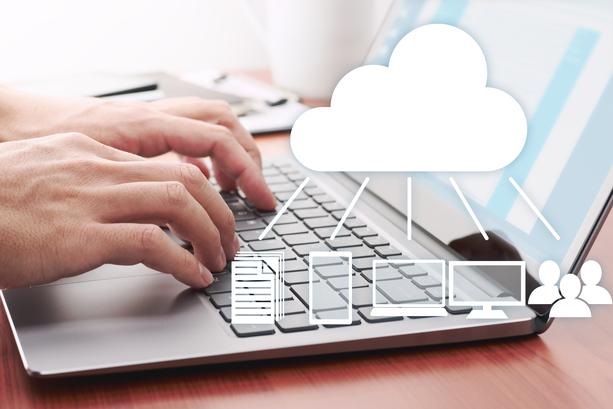Cloud services are becoming increasingly popular. The versatility of cloud-based software accommodates different business needs. The cloud facilitates organizational integration to a great extent. In the cloud, you can bring together an organization’s systems, for example, its human resource management (HRM) system, order fulfillment system, enterprise resource planning (ERP) system, and financial management system, to achieve greater operational efficiency.
As far as cloud-based accounting is concerned, there are many opportunities for streamlining. This is primarily because many accounting practices, standards, and features are automation-ready. In accounting, you deal mainly with numerical data, which computers handle very well. If you combine the versatility of the cloud and the efficiency of an online accounting service, your financial statements will always be streamlined.
Mind you, professional accounting depends on accurate data capture and processing. Some financial metrics are complex and require an accounting program to execute calculations accurately. For your financials to give a factual representation of what’s going on in the business, specifically its financial health, the data must be accurate. Luckily, computers do a great job of maintaining numerical accuracy. Thus, the necessity of cloud-based accounting solutions.
That being said, here’s how cloud-based accounting can help streamline your business financials:

Working on the cloud allows the accounting department to be linked with other parts of the business. This is important because the accounting department is central to determining the financial health of a business. Almost every other activity in a company affects its bottom line.
Now, when all the relevant arms of your businesses are on the cloud, you can efficiently retrieve financial data to analyze your financials on the go. This enables you to maximize time savings and efficiency gains. For instance, you want to get the total cost of Project X. With traditional on-site accounting, you need to request a report from the project management team. But when you’re fully integrated on the cloud, such information is accessible to people who are authorized. That way, you save a lot of time.
Also, since the cloud stores everything, you’ll be able to track movements and changes in your financials more efficiently than using a legacy system.
Therefore, cloud-based systems enable the entire business to be streamlined on one platform. When implemented properly, success is inevitable.
Since everything on the cloud is internet-based, all you need is an internet connection. You can work remotely because there’s no need to converge at a physical place. This significantly simplifies accounting management.
Also, remote work has become increasingly popular due to the COVID-19 pandemic. It’s now convenient to procure resources for your employees or the company at large on an online platform.
Moreover, cloud-based accounting can reduce expenses since remote working is cost-effective and easy to administer.
With accounting, every data entry must be as accurate as possible. Your financial statements are supposed to reflect your company’s actual condition or financial health at any point in time. Therefore, data collection and entry should be handled with care. Accuracy is essential in the calculation of financial information.
Machines are very good at dealing with numerical data. When you have a cloud-based accounting system that works, it will complete account balances with greater accuracy. Human supervision will be needed occasionally, but it’s much better and faster than manual data entry. Therefore, substantial time savings and efficiency gains accrue to your business when using cloud-based accounting solutions.
A considerable advantage of using the cloud is it keeps your information safe. Access to financial data in the cloud is encrypted and also password protected. Therefore, it’s safe to use the cloud as your primary accounting management program or system. It’d be challenging for a hacker or a cybercriminal to access an encrypted system. In addition, you can hire certified IT professionals to eliminate redundancies in your system to make it ultra-secure.
Cloud-based accounting systems secure your financial information better than on-site accounting systems by far. Cloud providers typically have backup servers in multiple locations. This means you can always retrieve information even if one server fails, whereas information stored on-site may never be recovered in case of fire or other disasters.
Automation speeds up financial processes, opening doors for efficiency gains in any business. Cloud technology and automation are highly complementary. So, from an accounting perspective, you can automate a business process such as calculating financial ratios or compiling budgets or forecasts.
Moreover, you can also automate processes like invoice management, wherein the system generates invoices as programmed. When your business is well-integrated, this invoice management system will interact with the customer relationship management (CRM) system such that if you’re to inquire about a specific customer, you’d know whether an invoice has been sent or not. This is a simple example showcasing how automation improves the business process.
Conclusion
A cloud-based accounting solution for your business can streamline real-time financials and create opportunities for efficiency gains. On the other hand, a traditional on-site accounting system is prone to data entry errors and data loss in case of natural disasters. Additionally, it’s not as flexible and secure. Working with the cloud solves this problem. Also, because data accuracy is paramount in the accounting discipline, it’s worth considering migrating to a cloud-based accounting solution if you haven’t already.









